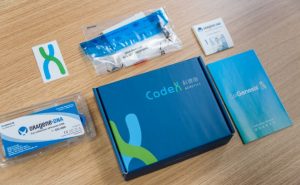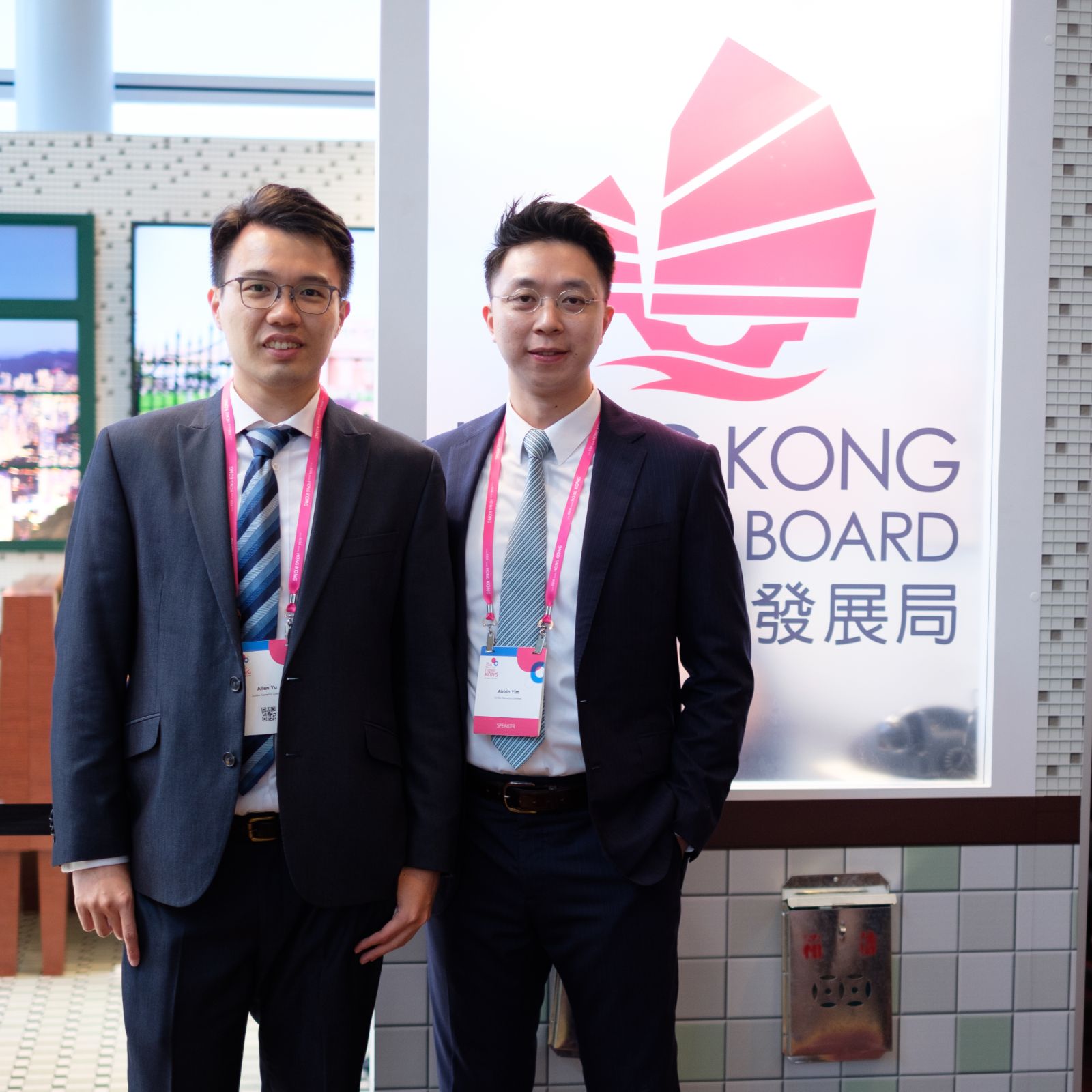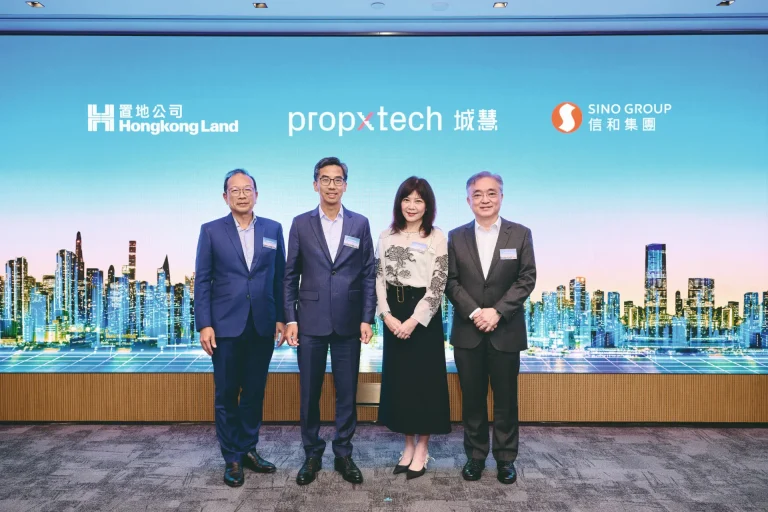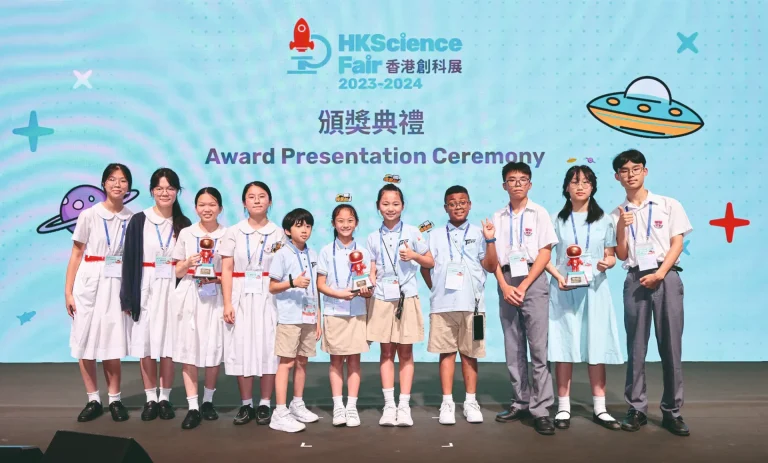Since 2013, the South China Morning Post and Sino Group have been paying tribute to the city’s unsung heroes through the Spirit of Hong Kong Awards.
One of the categories, the Spirit of Innovation Award, recognises individuals or groups that have developed breakthrough technologies with far-reaching, positive impacts on society. The winner of the 2019 innovation category went to bioinformatics company Codex Genetics for its efforts in improving the efficiency of the genetic screening process, an evaluation method that is particularly critical for patients suffering from rare diseases.
The company’s founders Allen Yu and Aldrin Yim met when they studied biochemistry at the Chinese University of Hong Kong, researching a group of rare hereditary brain diseases known Spinocerebellar Ataxia (SCA). Allen was researching cancer and neurological diseases at the time, and Aldrin was specialising in immunology. They came together to discuss how they could best apply their academic knowledge to help patients with rare neurological conditions such as SCA.
‘At the laboratory, we handle human disease data sets every day,’ says Aldrin. ‘But I was aware that behind every data set, a patient’s life was at stake. Rather than just study DNA sequencing, we wanted to use the information we gathered to help people. We wanted to do more than just write academic papers — we wanted to translate our knowledge into practice.’
‘At the laboratory, we handle human disease data sets every day. But I was aware that behind every data set, a patient’s life was at stake. Rather than just study DNA sequencing, we wanted to use the information we gathered to help people. We wanted to do more than just write academic papers — we wanted to translate our knowledge into practice.’
— Aldrim Yim, Co-founder, Codex Genetics
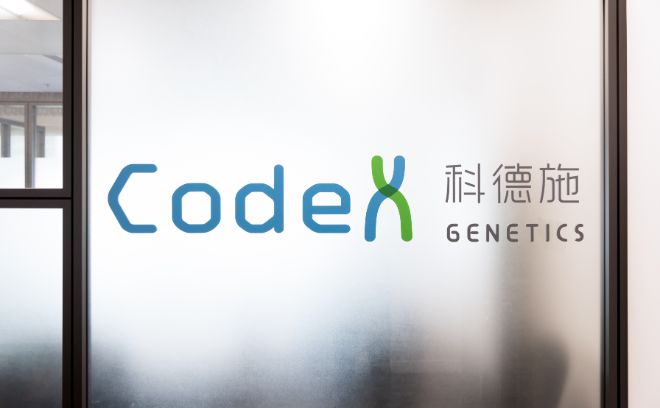
One of the biggest challenges with rare neurodegenerative diseases is that their complexity makes them difficult to diagnose at their onset, so genetic screening is the best way to detect them. However, genetic screening is an expensive procedure, and government funding unfortunately cannot provide the service for everyone who may need it. In addition, until a diagnosis has been made, the patient is unable to receive any government subsidies or reimbursements from their insurance providers, which might deprive them of the treatments they require.
‘Because of all the referrals and the back and forth between different doctors and medical departments, as well as the different clinical diagnostic tests required, it usually takes between five and fifteen years from the time that the first clinical symptoms show up in a patient to when a final diagnosis can be made,’ says Aldrin. ‘By that time, the patient might already be in a wheelchair or bedridden. Early detection can help patients get better access to healthcare and more effective disease management solutions, which will in turn improve their quality and span of life.’
In 2013, Allen and Aldrin founded Codex Genetics on an AI-powered analytics technology that combines genetic and clinical data to provide holistic, clinically actionable disease management solutions, with a focus on helping patients with genetic disorders. They also developed a breakthrough genetic screening test system, CoGensis™, which together with their analytics delivers highly accurate results within one month from the time of testing, reducing waiting time significantly in addition to making testing affordable.
By integrating genetic information gathered through big data techniques with clinical evidence such as MRI imaging, X-rays and ultrasounds, Codex screening produces more precise data; through this, it bridges the gaps between clinicians, specialists and patients to speed up the diagnostic process and enable more effective disease management.
All degenerative diseases have a slow progression, so more precise and earlier diagnosis not only helps patients get better- targeted treatment, but can also help them with family and life planning,’ says Allen. ‘The Codex approach not only provides the most likely diagnosis, it also charts the progression of rare diseases and bridges the gap between medical professions and patients. This means that with early diagnosis, a patient can plan ahead for life events like parenthood, or enrol in occupational therapy if needed.’
Allen and Aldrin have been able to extend Codex’s use into post-diagnosis cancer screening, leading to better disease management. In the near future, the duo will expand their laboratory to further reduce the turnaround time for tests and improve their industry accreditation ratings.
‘Winning the Spirit of Hong Kong Innovation Award has helped us to get more recognition and resources. It has increased public awareness of rare neurodegenerative diseases, and we hope it spurs even more innovations in the next wave of genetic screening,’ says Allen.
WHAT IS CODEX COGENESIS™ NEURO?
Diagnosing neurodegenerative disorders is technically challenging and time-intensive. CoGENESIS™ Neuro accelerates the diagnostic process by specifically targeting 462 neuro-related regions on the genome that are associated with 200 neurodegenerative diseases. This allows a highly accurate genetic profiling of all known neuro-disease regions with a fast turnover time of two months.
First, the patient’s saliva is obtained through the CoGensis test kit, which Codex Genetics sends to the patient or their clinician. Once the patient’s saliva is obtained, the sealed kit is returned to the Codex Genetics laboratory, where scientists isolate the patient’s DNA from the sample and perform high-throughput genetic screening. Through the analysis of the patient’s DNA sequencing, the Codex Genetics team is able to narrow down the possible range of diseases to the most likely one or two. The results are then sent to the patient’s clinician, who carries out validation tests to confirm a diagnosis.
By integrating genetic information gathered through big data techniques with clinical evidence such as MRI imaging, X-rays and ultrasounds, Codex screening produces more precise data; through this, it bridges the gaps between clinicians, specialists and patients to speed up the diagnostic process and enable more effective disease management.
